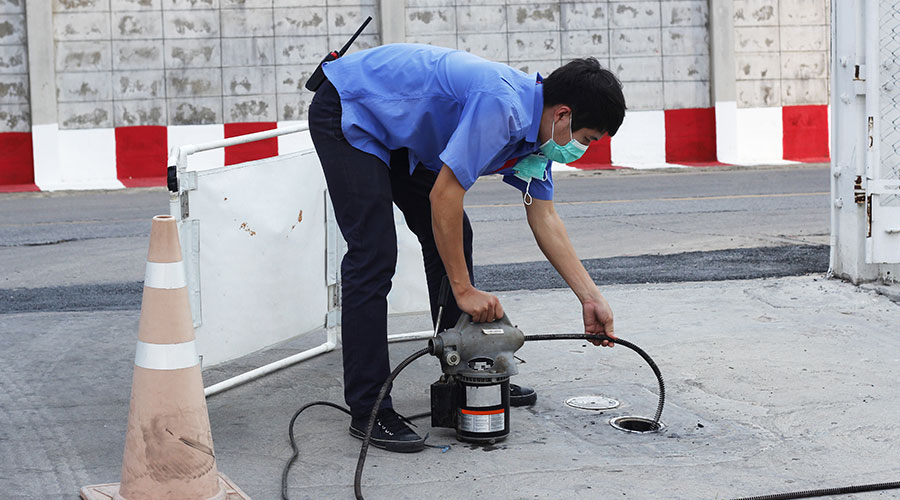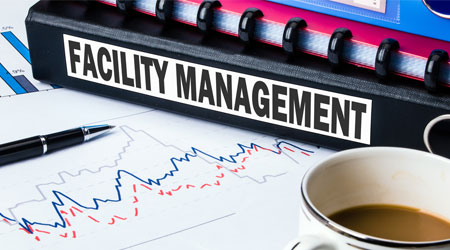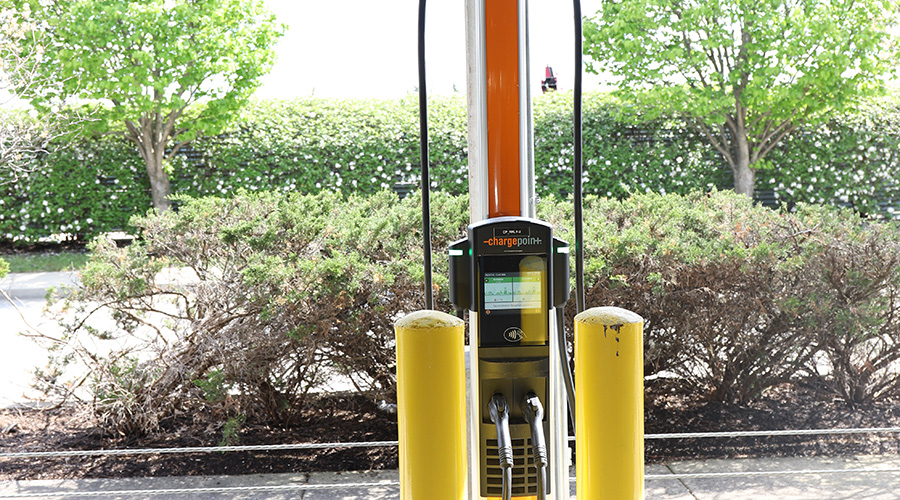Facility Departments Must Cope with Baby Boomer Retirements
Part 1 of 5-part article on facility retirement wave and generational change, plus FM Pulse survey results
It’s a retirement juggernaut: some 76 million Baby Boomers (or a quarter of the population) systematically exiting the workplace. That’s a challenge in many fields, but particularly so for facility management. Facility managers in both managerial and technical and trade positions tend to stay in their jobs for long periods of time and accumulate a great deal of institutional knowledge. So a big challenge for facility management organizations is to figure out how to transfer that knowledge and maintain continuity in the institution’s culture.
While some facility managers are more than a little concerned about the Boomer exodus, many are not. Citing a recent survey of the general marketplace done by the Robert Half organization, which found that some 63 percent of chief financial officers were unconcerned about retirements, Stormy Friday, founder and president and owner of The Friday Group consulting firm, confirmed the lack of urgency based on her own research. Only about half of facility management organizations have a plan for coping with Boomer retirements, she says.
“Facilities organizations are less concerned than people in human resources, facilities management consulting, and in the external placement world, but they are beginning to realize it is an issue.” Friday predicts that up to 60 percent of facility management staff — electricians, plumbers, HVAC mechanics, and operations and maintenance workers, among others — will exit in the next five to seven years, with potentially serious problems for organizations.
When people retire, the loss of institutional knowledge can be devastating. “In the trades, for example, people are there for eons — up to 45 years — and many practices and processes are undocumented,” explains E. Lander Medlin, executive vice president of APPA, Leadership in Educational Facilities. “How people will transfer knowledge is a problem. Institutional memory walks out the door.”
Succession planning has been an issue for at least 10 years, in both management and the trades, says Larry Morgan, senior facilities manager at SAP. “Legacy knowledge is falling off the table,” he says, and the gap is being filled through outsourcing contracts. “A body is being replaced by a body,” he says, but “there is no transfer of legacy knowledge and relationships.”
One reason facility departments haven’t been hit harder by Boomer retirements so far is the sluggish economy. People are working longer because they are living longer and are afraid of running out of money, says Friday.
About the Survey
Information for the FM PULSE survey, which is presented in charts and graphics elsewhere in this article, was gathered through a series of emails from FacilitiesNet, the website of Building Operating Management and Facility Maintenance Decisions magazines. Data were submitted during May, June, and July 2015 and included 3,020 responses. Salary and raise information is reported as the median amount. The median is a measure used to indicate a middle point of data. Half who responded earned less than the median, while half earned more. Numbers that are extremely high or low do not distort it. Some charts may not add to 100 percent because of rounding.
Related Topics:
















